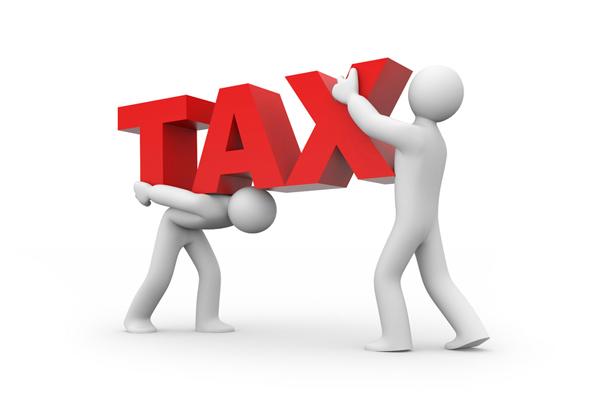What is Tax Incentive?
Taxes are considered a significant source of revenue, contributing to the stabilization and promotion of national economic development. Vietnamese law stipulates that paying taxes is both a right and an obligation that each citizen must fulfill. In addition to enacting various tax policies and compulsory tax payments, our State also has numerous tax incentive policies for different taxpayers.
Tax Incentives
Tax incentives are understood as the conditions created by the State for certain taxpayers (enterprises) to carry out production, business activities, or service provision in fields, areas, and types that the State encourages for development. This aims to reduce the tax burden, attract investment, support enterprises in their operations, and contribute to achieving socio-economic development goals.
There are many forms of tax incentives, such as:
Preferential Tax Rates
This is when the State enforces a tax rate lower than the general standard tax rate, applicable to selected industries, professions, or areas.
According to Circular 78/2014/TT-BTC, the corporate income tax rate is 20%. However, for enterprises implementing new investment projects in areas with extremely difficult socio-economic conditions, a preferential tax rate of 10% for the first 15 years is applied.
Tax Exemption Period
The State will provide regulations to exempt taxes for certain taxpayers for a given period.
Tax Reduction
The State offers various ways to reduce tax, such as:
- A 50% tax reduction for certain taxpayers for a given period;- Enterprises transferring technology in priority areas to organizations or individuals in areas with difficult socio-economic conditions receive a 50% reduction in corporate income tax calculated on the income from the technology transfer;- Enterprises in manufacturing, construction, and transportation that employ a large number of female workers receive a corporate income tax reduction equal to the additional expenses incurred for female workers;- Enterprises employing a large number of ethnic minority workers receive a corporate income tax reduction equal to the additional expenses incurred for ethnic minority workers.
Accelerated Depreciation
The State allows enterprises to deduct the depreciation of fixed assets into reasonable production costs at a higher rate than the allowable depreciation under the standard schedule. This effectively delays the tax payment to subsequent tax periods, providing the enterprise with additional capital to speed up asset replacement.
Tax Deductions
The regulations allow enterprises making investments to additionally deduct a certain percentage, calculated on the investment value, from the costs before tax calculation or from the payable tax amount to reduce the tax obligations owed to the state. The tax deduction is determined as a ratio corresponding to the value of investments in encouraged fields or areas - this form provides incentives based on actual investment activities.
Loss Carryforward
Enterprises incurring losses can carry forward these losses to subsequent years; these losses are deducted from taxable income. The loss carryforward period does not exceed five years from the year following the year the loss was incurred.

However, taxpayers wishing to benefit from tax incentives must meet certain conditions such as:
- Enterprises must implement accounting policies, invoices, documents, and tax payments according to declarations;- Enterprises must separately account for income from production, business activities that qualify for tax incentives.
- Number of deputy directors of departments in Vietnam in accordance with Decree 45/2025/ND-CP
- Cases ineligible for pardon in Vietnam in 2025
- Decree 50/2025 amending Decree 151/2017 on the management of public assets in Vietnam
- Circular 07/2025 amending Circular 02/2022 on the Law on Environmental Protection in Vietnam
- Adjustment to the organizational structure of the Ministry of Health of Vietnam: Certain agencies are no longer listed in the organizational structure
- Vietnam aims to welcome 22-23 million international tourists in Vietnam in 2025
-

- Notable new policies of Vietnam effective as of ...
- 16:26, 11/04/2025
-
.Medium.png)
- Notable documents of Vietnam in the previous week ...
- 16:21, 11/04/2025
-
.Medium.png)
- Notable documents of Vietnam in the previous week ...
- 16:11, 02/04/2025
-
.Medium.png)
- Notable new policies of Vietnam to be effective ...
- 16:04, 02/04/2025
-
.Medium.png)
- Notable new policies of Vietnam effective from ...
- 14:51, 21/03/2025
 Article table of contents
Article table of contents
